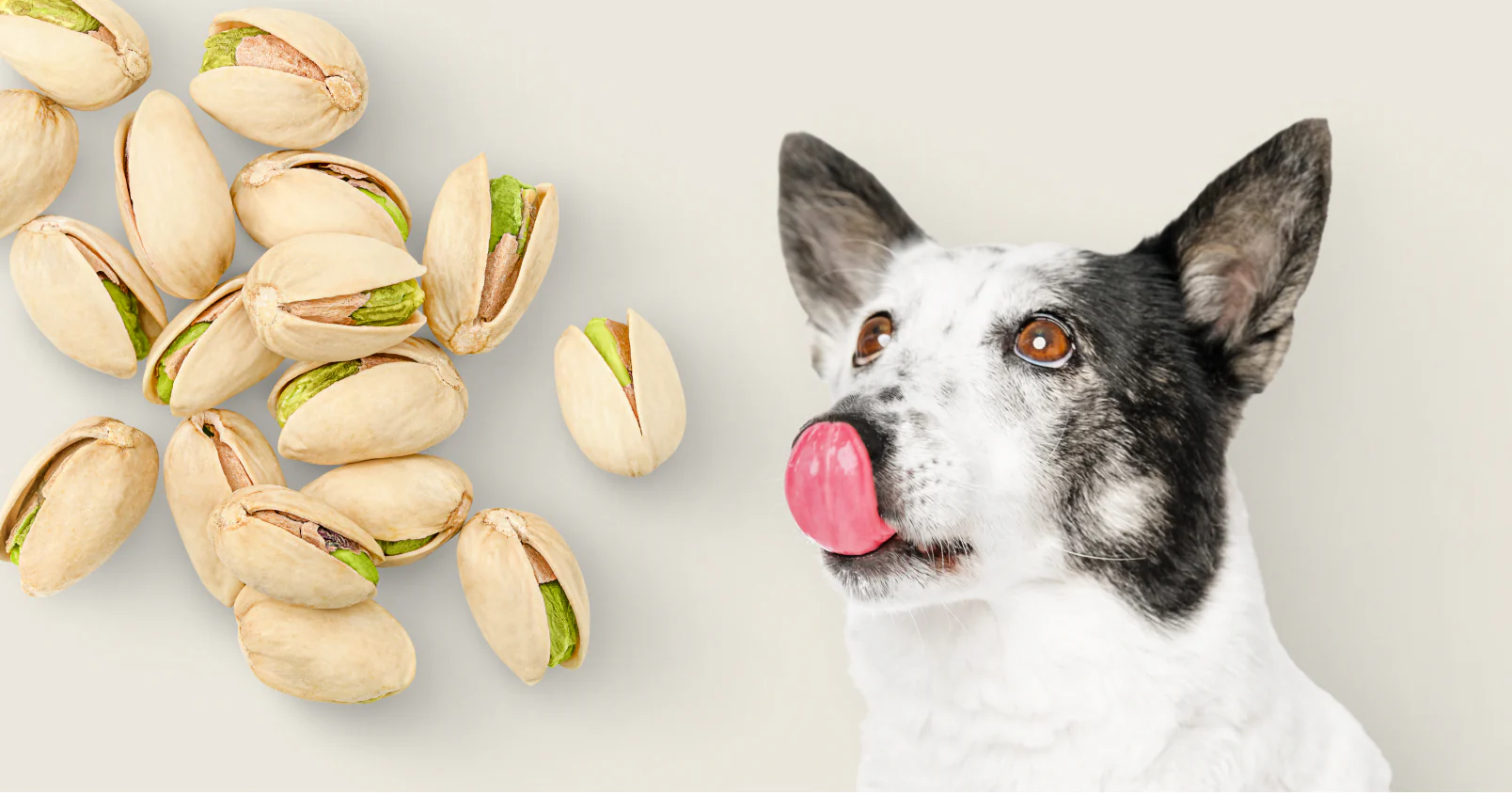As a dog owner, it's natural to wonder which human foods are safe for your furry companion. Pistachios, a popular snack among humans, often raise questions about their safety for dogs. In this article, we’ll explore whether dogs can eat pistachios, the potential risks involved, and what you should consider before sharing this nutty treat with your pet.
Understanding Pistachios and Their Nutritional Value
Pistachios are nutrient-dense nuts that offer several health benefits for humans, including:
- Protein: They are a good source of protein, which is essential for maintaining muscle mass and overall health.
- Healthy Fats: Pistachios contain monounsaturated and polyunsaturated fats, which can benefit heart health.
- Vitamins and Minerals: They are rich in vitamins such as B6 and E, as well as important minerals like potassium and magnesium.
However, while these benefits apply to humans, they don’t necessarily translate to dogs.
Can Dogs Eat Pistachios? The Risks Involved
The short answer is no; dogs should not eat pistachios. Here are the main reasons why:
-
High-Fat Content
- Pistachios are high in fat, which can lead to pancreatitis in dogs. This condition is a painful inflammation of the pancreas that can occur when dogs consume foods that are high in fat.
-
Choking Hazard
- Whole pistachios can pose a choking risk, especially for small dogs. The hard shell can also get stuck in their throat or cause blockages in the digestive tract.
-
Salt and Seasonings
- Many pistachios sold in stores are salted or flavored, which can be harmful to dogs. Excessive salt can lead to sodium ion poisoning, which can cause symptoms like vomiting, diarrhea, and even seizures.
-
Potential Allergens
- Nuts, including pistachios, can be allergens for some dogs. If your dog has never eaten nuts before, there’s a risk they could have an allergic reaction, leading to symptoms such as itching, swelling, or gastrointestinal distress.
-
Weight Gain
- Due to their high caloric density, feeding pistachios to dogs can contribute to obesity, especially if given regularly.
What Should You Do If Your Dog Eats Pistachios?
If your dog accidentally eats a few pistachios, monitor them for any adverse reactions. Signs of distress may include:
- Vomiting
- Diarrhea
- Lethargy
- Signs of abdominal pain
If you notice any concerning symptoms or if your dog consumes a significant quantity of pistachios, it's essential to contact your veterinarian immediately for guidance.
Safe Alternatives to Pistachios
If you’re looking for healthy treats for your dog, there are many safe alternatives to pistachios. Here are some options:
- Peanut Butter: A favorite among many dogs, peanut butter (without xylitol) is high in protein and healthy fats.
- Carrots: Crunchy and low in calories, carrots can be a great crunchy treat that promotes dental health.
- Blueberries: Packed with antioxidants, blueberries are safe and nutritious for dogs.
- Pumpkin: Plain, cooked pumpkin is high in fiber and great for digestive health.
Conclusion
While pistachios are a delicious snack for humans, they are not suitable for dogs. The high-fat content, choking hazard, potential allergens, and risk of salt poisoning make them a poor choice for canine companions. Always prioritize your dog's health and well-being by offering safe, nutritious treats.
Takeaway Tips
- Avoid Pistachios: Dogs should not eat pistachios due to potential health risks.
- Monitor Treats: Always check if a treat is safe before sharing it with your dog.
- Offer Alternatives: Choose safer snack options like peanut butter, carrots, or blueberries.
- Consult Your Vet: If you have concerns about your dog’s diet or if they ingest unsafe foods, consult your veterinarian for advice.


